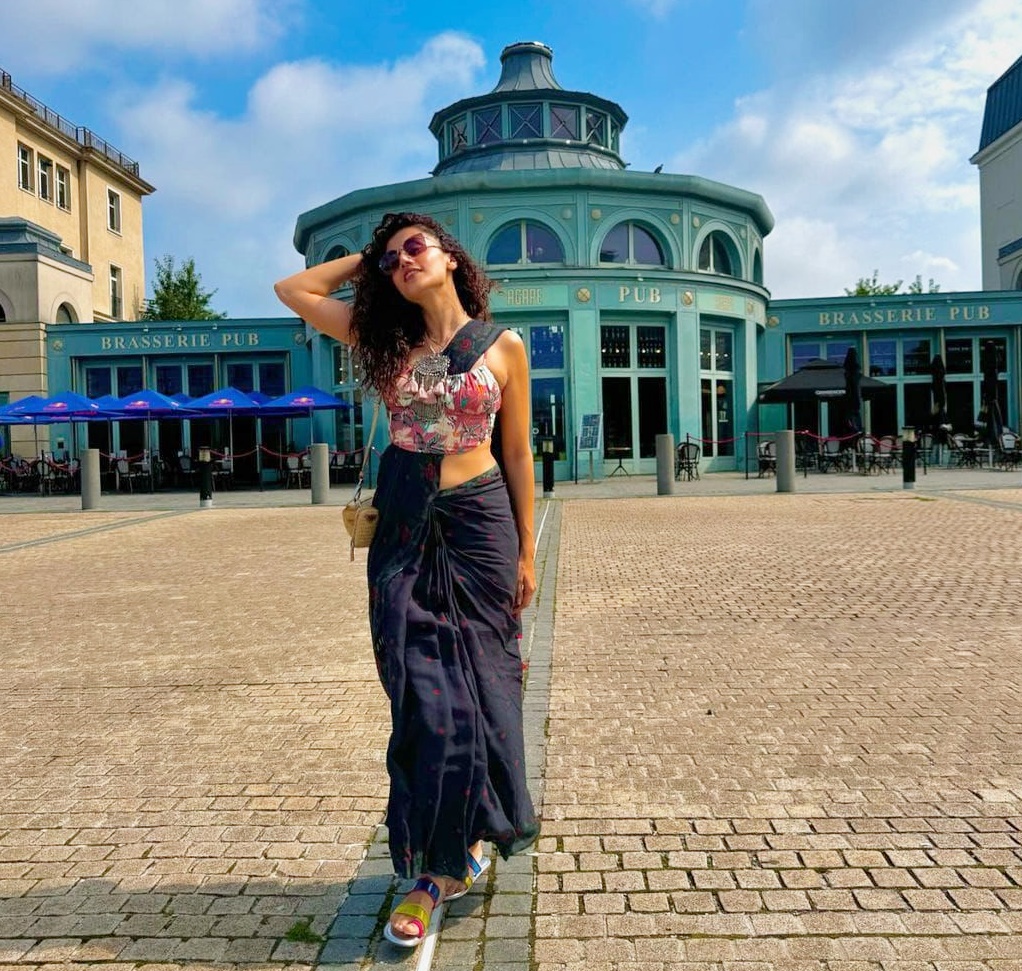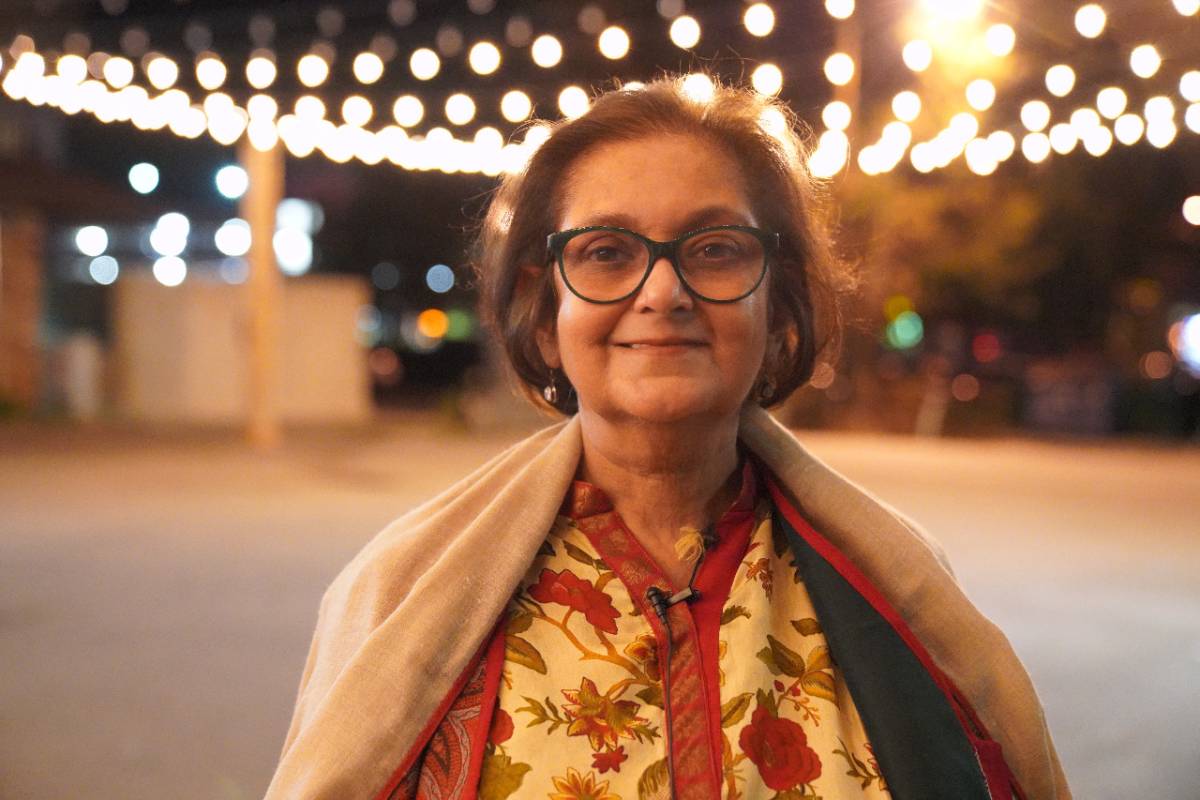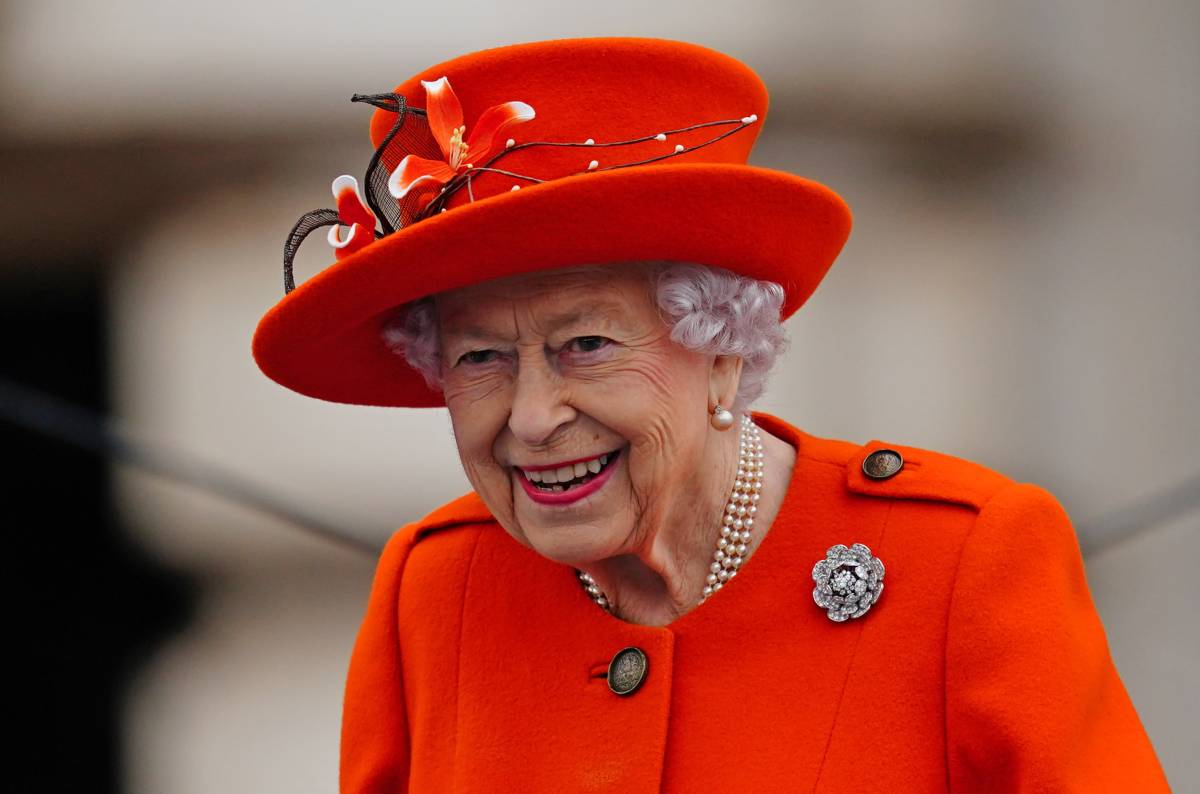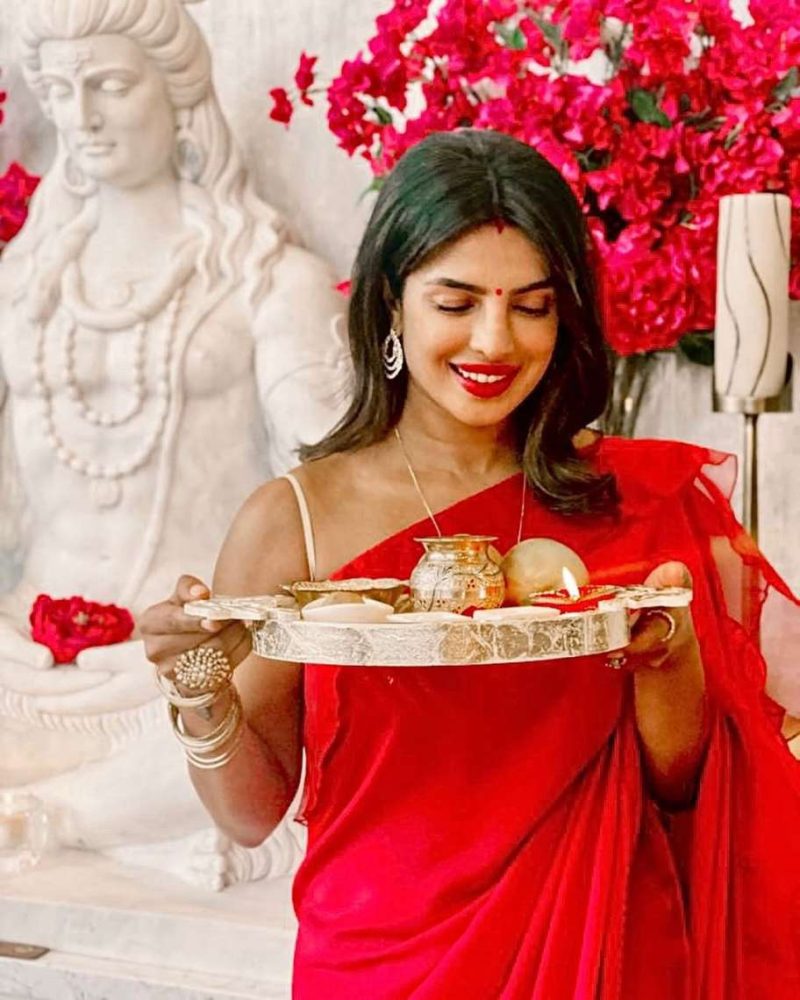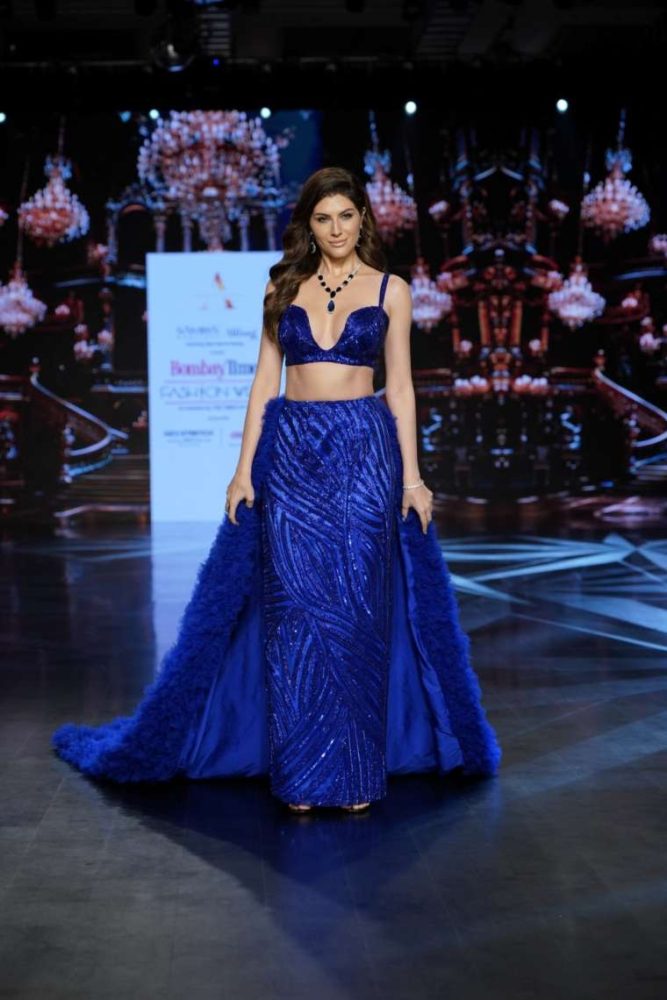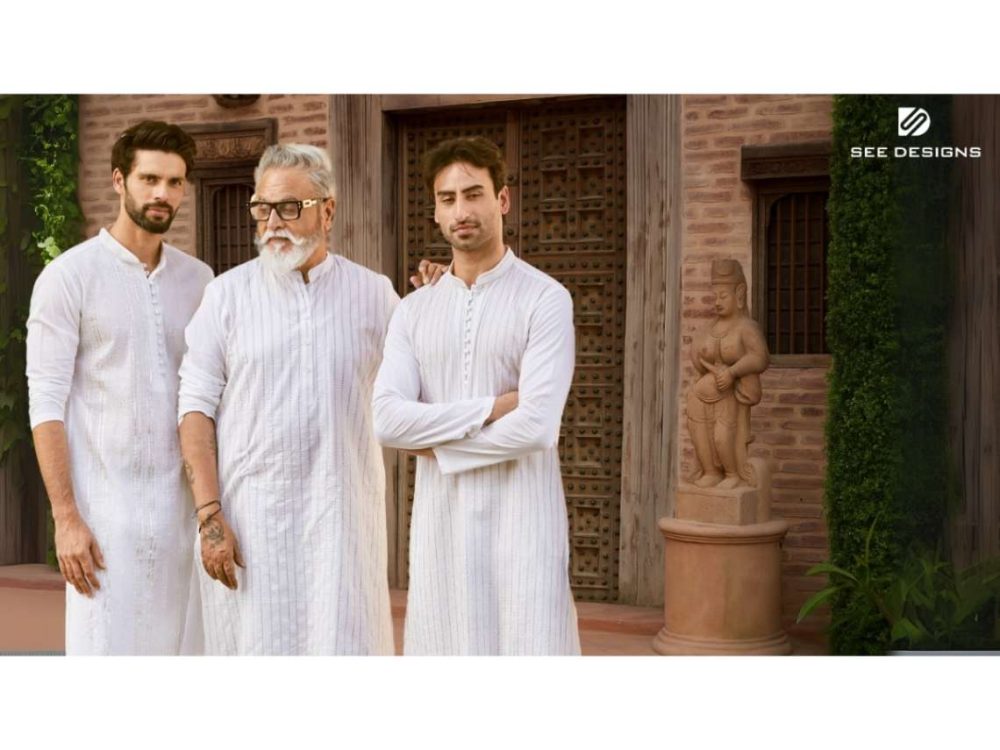Kanchipuram’s weavers are considered to be descendants of the sage Markanda (the master weaver of Gods). A Kanjivaram saree is your finest pick for any festive event…writes Anshul Gupta.
The festive season in the post-pandemic era has brought in new hopes and optimism. After almost two years people have now gradually started to organise festive gathering which spreads cheer.
Festivity and traditional clothing go hand in hand. As per customs, sarees are the favorite choice for Indian women, especially during the festivity as it showcases the elegance and grandeur of every woman.
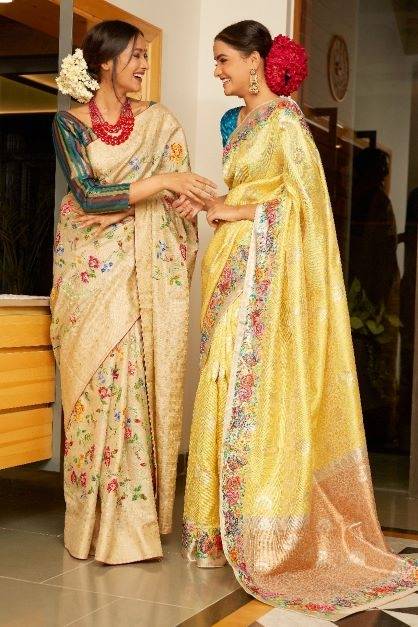
Owing to the high demand for sarees there is a wide variety of saree options that are available in the market, starting form chiffon, silk to georgette, kanjivaram, and more. Every state in India has a different saree style that they follow, however, in the current times with the ever-expanding intercultural connect, women have now begun to create their own styles and trends.
Here are some of the trendiest traditional saree styles for this festive season:
Gara saree
A traditional Parsi Gara’s timeless charm is unmistakable. The Gara sari, which is embroidered with photorealistic perfection, is a one-of-a-kind item among the country’s vast array of crafts. The magnificent style, which is mostly worn by the Parsi community for weddings and special celebrations, should not be kept hidden away for special occasions, and one should wear them in the festive season to.
Petit Point embroidery
Petit point embroidery is a type of canvas embroidery that is comparable to cross-stitch embroidery but finer due to its smaller scale. At normal viewing distance, the squareness and regularity of the outlines of the forms represented are less visible. The stitch is stitched in diagonal or horizontal rows across the intersection of the canvas threads and is also known as petit point or tent stitch. To guarantee that the thread pull at the front is consistent, the thread is brought back from stitch to stitch in a uniform manner. This beautiful and intricate pattern on sarees is what adds to the grace in your festive look.
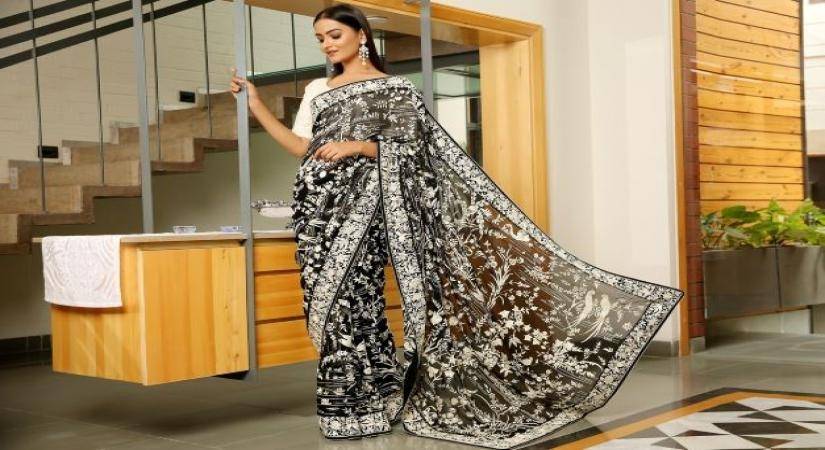
Kanjivaram Sarees
The grandeur of Kanjivaram sarees is well-known. Weavers from Kanchipuram, Tamil Nadu, south India, designed these sarees. Dip the silk threads in melted gold and silver to include the gold in the designs. Kanchipuram’s weavers are considered to be descendants of the sage Markanda (the master weaver of Gods). A Kanjivaram saree is your finest pick for any festive event.
Ikat Sarees
Ikat sarees are distinguished by the fact that the warp and weft are tie-dyed before weaving. Ikat or Sambalpuri sarees are other names for tie-dye sarees. During the tie-dye process, the knots in the beautifully woven saree are tied into the fabric. Odisha is where these sarees are manufactured (Sambalpur). The workmanship on these sarees is truly outstanding.
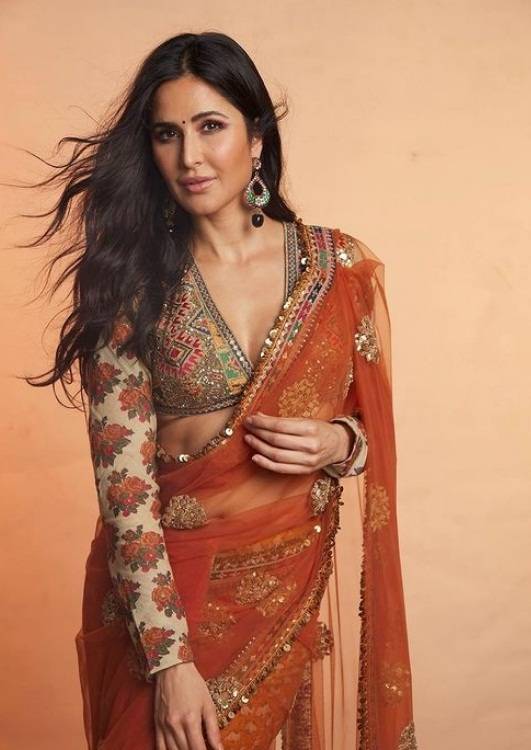
Bandhani Sarees
Bandhani sarees are named from the word ‘Bandhan’ which means tying a knot. The fabric of these sarees is tied in a particular way before dyeing the fabric which gives them the desired design. Bandhani sarees are extremely popular in Gujarat and Rajasthan as these states manufacture the most authentic Bandhani outfits. Bright colours in the Bandhani print makes it an apt choice for festivities.
ALSO READ-FALGUNI NAYAR: Smart in a Saree
READ MORE-‘Saree in a Gadi’ for Women Empowerment





